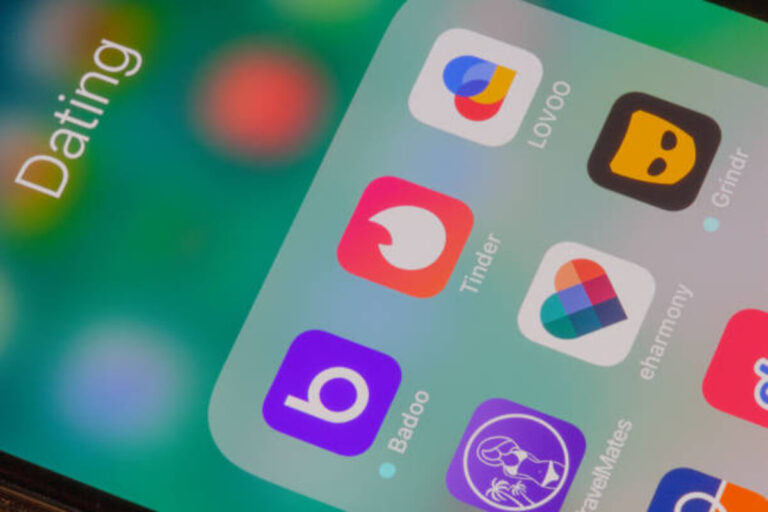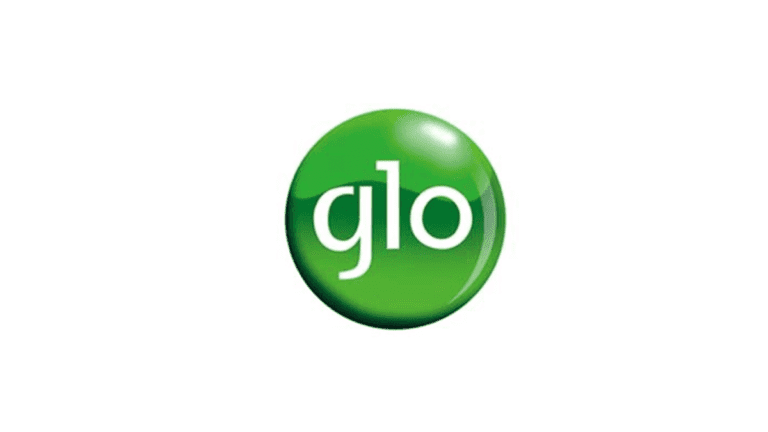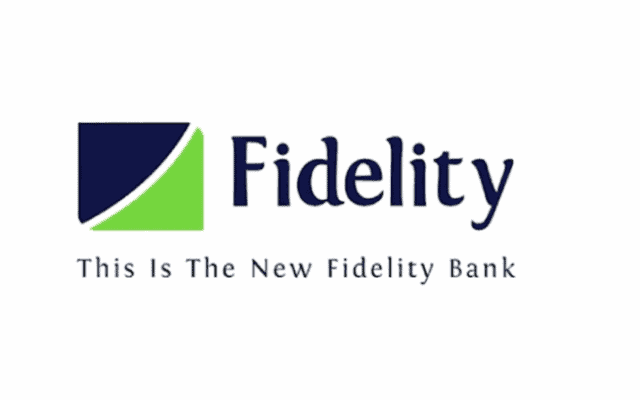How to Handle Tough Questions at Job Interviews
Unless you have a magic wand or your stroke of luck is as strong as that of the luckiest person on earth would you escape the firing of tough questions at you by the recruiters at job interviews? Getting tough interview questions is inevitable, tough questions in interviews are just like body and soul, and one can not do without the other.
From this explanation, you should know that your good CV, neat attire, and your academic qualifications will not save you from getting those questions thrown at you. Then, the right question to ask is how can I prepare and respond to this question. Voila, quit stressing because this post is an answer to your struggle.
Advertisement
Many guides are online on how to answer questions with mockup questions to help you prepare for the interview. Using this is good for your interview and helps get in tune with the encounter.
However, my question to you is what would you do if those questions are not the questions you come across at the interview? What will be the right way to answer those questions?
Also, check out How to Ace Job Interviews.
With this, you get a clear insight into what this post was put out there. The post aims to help you develop the right mental state on how to be prepared and tackle interview questions. What you need to do when you get tough questions is whether you have an idea about it or not.
Let us get right through it.
Advertisement
Interview questions are an essential part of the interview process. The question can be straightforward and or tricky depending on how your interviewee wants to play the game.
For every tough question, your interviewer is driven to learn about your abilities, character, and your knowledge about the ins and outs of the job. Therefore, your response is crucial to your success in the interview.
As said earlier, the questions you will get are not public information nor is the number of questions you will get. In addition, the validity of your answers, that is, whether your answers are correct or not depends on the interviewer’s views and expectations.
Everything depends on the interviewers and the company’s policies regarding the interview.
So, I will not extensively focus on the kinds of questions you get, rather I will focus on how to respond to them and identify the tricky tough questions from the straightforward ones.
Tips to Handle Tough Questions During Job Interviews
The tips I have for you concerning how to respond to tough interview questions.
Keep your anxiety bay
It will do you no good to be tense and let anxiety get written all over your face. It is normal to be anxious especially if it is your first time, I mean who would not be?
However, you need not show it, it is not a requirement nor a testament of confidence in your ability. Therefore, always be calm at all times no matter how tense those tough questions are getting you.
Think of it as an interactive session where you are letting this person in front of you know how amazing you are.
Think before you speak
Not all questions require that you speak immediately, especially those that require you to go through a thinking process. Take time to think momentarily about the answer. You may also share your thought process as you go through questions.
Understand the question
To help you think before you speak, you must understand the question asked. Therefore, if you come across these kinds of questions, take a deep breath, and think to yourself whether you understand the scope of the question and what the interviewer is driving at.
However, some questions may not be understood at first go, therefore, please do seek clarifications in such cases.
Handling unknown questions
It is a normal thing to not have the answers to the questions. Some questions will be out of your area of knowledge. When this happens, do not let your answer always be “I do not know” only.
However, you need not beat around the bush and be dishonest with your answers. Admit you do not know but not bluntly with “I do not know”. You can go with this “I’m not sure, but I’m happy to look into it and get back to you” or “This is new to me and I am open to learning more about this myself or by you.”
Articulate your thoughts
You are on the path to failure even if you have the best answers and cannot articulate your thoughts concisely and coherently.
All you create is confusion for you and the interviewer. Interviewers do not favor those who make their job difficult regardless of how smart or the qualifications of such a person.
Make eye contact when answering questions
Confidence is key when you answer questions even when you do not have the correct response. Always maintain eye contact with the interviewer as you respond to the questions.
In addition, gesticulate and express yourself elegantly in a way that exudes confidence and professionalism. However, do this with moderation because exaggeration will portray you as an overconfident or arrogant person.
Ask Questions
Please take advantage to ask questions if the interviewer allows you to ask questions during or at the end of the interview. Use that opportunity to put the interviewer in a position of thinking about your whole personality.
For example, you can go with a line of questions such as, “What will be your perception and evaluation to determine whether I am a good fit for the job as you hire for this position”
Also, check out How to Become A Portfolio Manager.
Sample of tough questions asked during interviews
Let me share with you a few of the sample questions you will come across at interviews
Question
“Tell me about a time when you had to deal with a difficult coworker or manager.”
This question is meant to gauge how well you handle challenging interpersonal circumstances and your ability to resolve conflicts. It’s ideal to present your response in a favorable light, highlighting your strategy and the result you were able to achieve.
Response
“I used to work with a difficult coworker who would continuously interrupt me and wouldn’t comply with my instructions. I tackled the situation by speaking candidly and openly with my teammate, and we were able to develop a plan to enhance our communication and increase the effectiveness of our collaboration. We were able to finish tasks quicker and with fewer mistakes as a result.”
Question
“What is your biggest weakness?”
Your self-awareness and honesty will be put to the test by this inquiry. The goal is to construct your response in a way that shows you can recognize and take care of your weaknesses. Attempt to highlight a flaw that has nothing to do with the job you’re looking for, and then discuss how you’re striving to fix it.
Response
Public speaking is one of my weaknesses, but I’ve been actively striving to overcome it by participating in seminars and honing my skills in front of a mirror. I am devoted to improving my public speaking since I am aware that good communication is essential in every role.”
Question
“Tell me about a time when you failed.”
This question is designed to test your resilience and ability to learn from failure. It’s important, to be honest about the situation and the outcome, but also emphasize what you learned and how you grew from the experience.
Response
“In a prior position, I was in charge of overseeing a project that eventually fell short of its objectives. I accepted full responsibility for the result and gave it some thought as to what went wrong. Also, I realized that I had not been clear about expectations and had not communicated with the team enough. I decided to take steps to enhance my project management and communication abilities as a result, and I was able to successfully manage subsequent projects
Question
“Why do you want to work for this company?”
This question is designed to test your level of interest in and knowledge of the company. Do your research before the interview to understand the company’s mission, values, and culture, and try to emphasize how your skills and experience align with the company’s goals.
Response
“I am thrilled to have the chance to work for this organization because I am passionate about its goal of delivering cutting-edge solutions to enhance people’s lives. The company’s dedication to sustainability and social responsibility has impressed me, and I think my abilities in project management and teamwork would be a big help to the organization’s objectives.”
Final Notes on How to Handle Tough Questions at Job Interviews
The tips we shared here are proven and effective to help you go through any interview and handle the tough questions with ease. Interviews are generally a tough process and knowing how to handle tough questions is what every job seeker should understand.
Before you go, check out How to Write the Best Application Letter in Nigeria.







One Comment
Comments are closed.